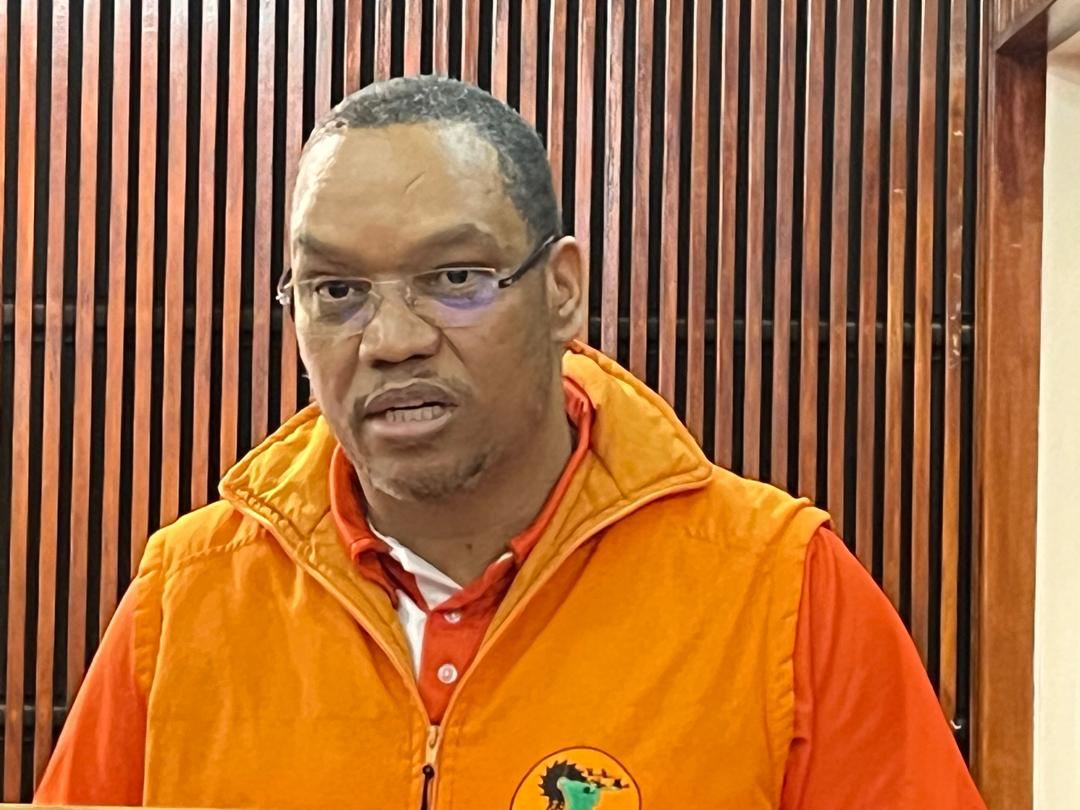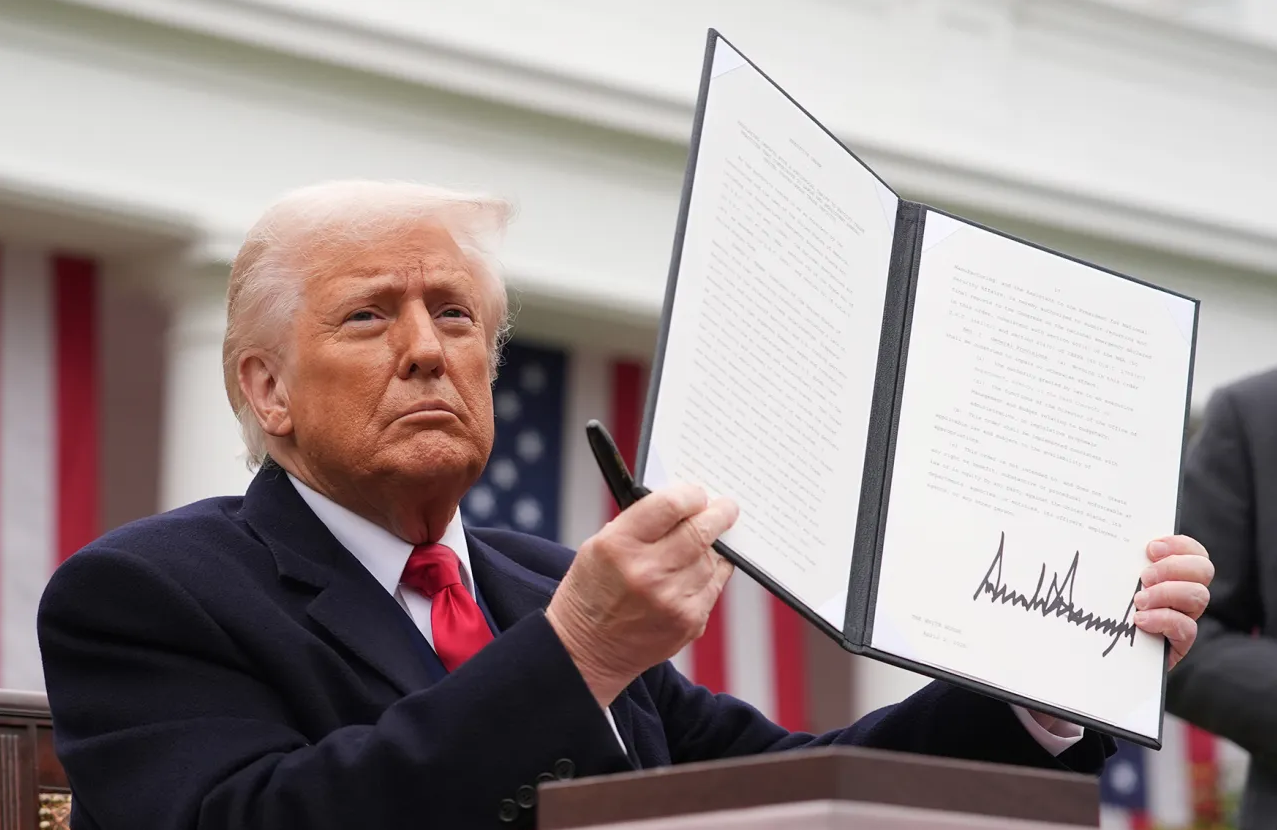ST PETERSBURG – The United States warned aspiring WTO member Russia against a global grain cartel on Sunday as ex-Soviet states instead proposed a Black Sea trade bloc that could overtake Washington as the world’s top exporter.
Russia, the world’s No. 3 wheat exporter, could play a major role in alleviating global hunger by cultivating vast areas of land, but a US official said Moscow should abandon support for a ‘grain Opec’ that runs against World Trade Organisation rules.
‘This Russian idea does look like a cartel,’ said Michael Michener, administrator of the US Department of Agriculture’s foreign agricultural service. ‘We would even say to Russia: be cautious about it. If it is done in a way that is trade distortive and trade prohibitive, I think it would affect Russia’s application to the WTO.’
Russia, home to almost a tenth of the world’s arable land, was showcasing its role in global food security by hosting the inaugural World Grain Forum, an idea tabled by President Dmitry Medvedev at a summit of Group of Eight leaders last July.
Russia says it can add 50 per cent to its current grain crop and double exports over the next 10 to 15 years, thus boosting Kremlin influence in delivering food to a world where every sixth person is going hungry.
The growing world population is placing a strain on food resources. When this combined with drought and a fund-backed run on commodity markets in 2008, grain prices spiked to record highs – a scenario that some fear could soon be repeated.
‘It’s necessary to eliminate unnecessary barriers in world grain trade and create the conditions to increase supply in the world market,’ said Viktor Zubkov, Russia’s foremost agriculture official and a first deputy to Prime Minister Vladimir Putin.
As a start, Russia proposed joining forces with ex-Soviet neighbours Ukraine and Kazakhstan to manage grain reserves and develop rail and port capacity, Agriculture Minister Yelena Skrynnik said.
‘The creation of such a pool of Black Sea grain exporters will permit us to lower the volatility of the world grain market and its dependence on speculative factors,’ said Skrynnik, a 47-year-old economist who became minister in March.
Under long-serving predecessor Alexei Gordeyev, the world’s largest oil producer outside the Organisation of the Petroleum Exporting Countries (Opec) had periodically lobbied for the creation of a grain-based equivalent.
But officials at the forum said little to suggest the idea had gained momentum. Moscow is pushing to join the WTO after a decade of trying, while international officials in St Petersburg offered little support for a grain Opec.
‘Market reactions, in a way, are a much more efficient way to price things and adjust demand,’ Klaus Rohland, the World Bank’s country director for Russia, told Reuters.
-Nampa-Reuters
Stay informed with The Namibian – your source for credible journalism. Get in-depth reporting and opinions for
only N$85 a month. Invest in journalism, invest in democracy –
Subscribe Now!










